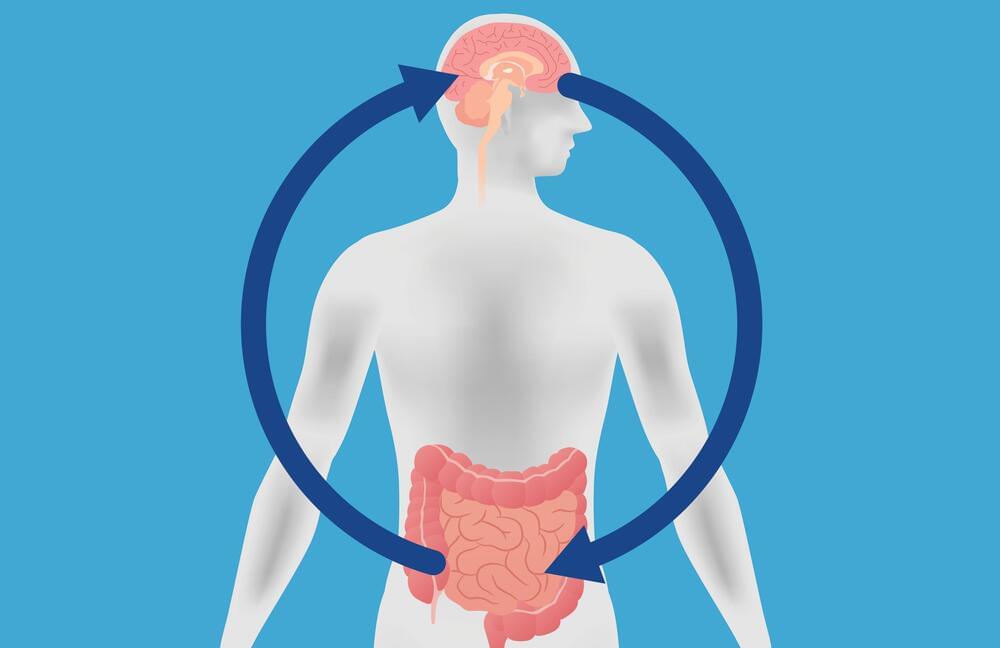The use of antidepressants during pregnancy significantly increased the risk of a child experiencing functional constipation—a common DGBI that may be painful—during their first year of life. “After adjusting for covariates, SSRI/SNRI exposure was associated with an over 3-fold increased risk for functional constipation,” the investigators wrote.
“We found that, at the age of one, 63% of children exposed to antidepressants during pregnancy experienced constipation, compared with 31% of children whose mothers did not take medication,” said study co-author Larissa Takser, MD, professor of pediatrics at the Université de Sherbrooke in Québec. “This finding suggests a potential connection between serotonin levels in utero and gut development, and opens new doors to examine SSRI properties not previously studied.”
The investigators’ collective findings point to a promising avenue of future studies: the gut epithelium as a new and potentially safer target for treating mood disorders, particularly for pregnant women. “Together, these data define a novel potential mechanism for gut-brain communication and identify intestinal epithelial 5-HT as a new and potentially safer therapeutic target for mood regulation,” the authors stated.
